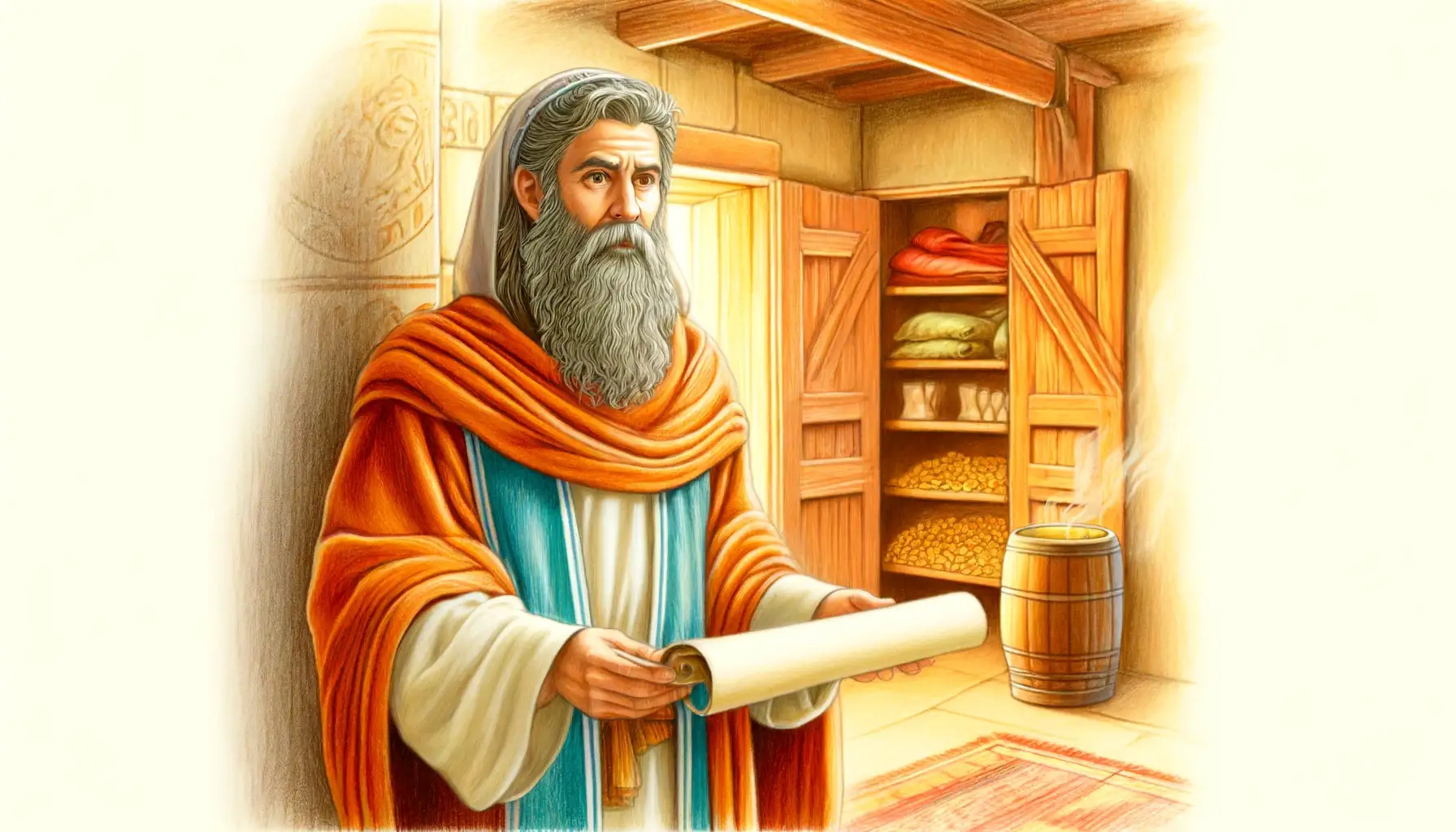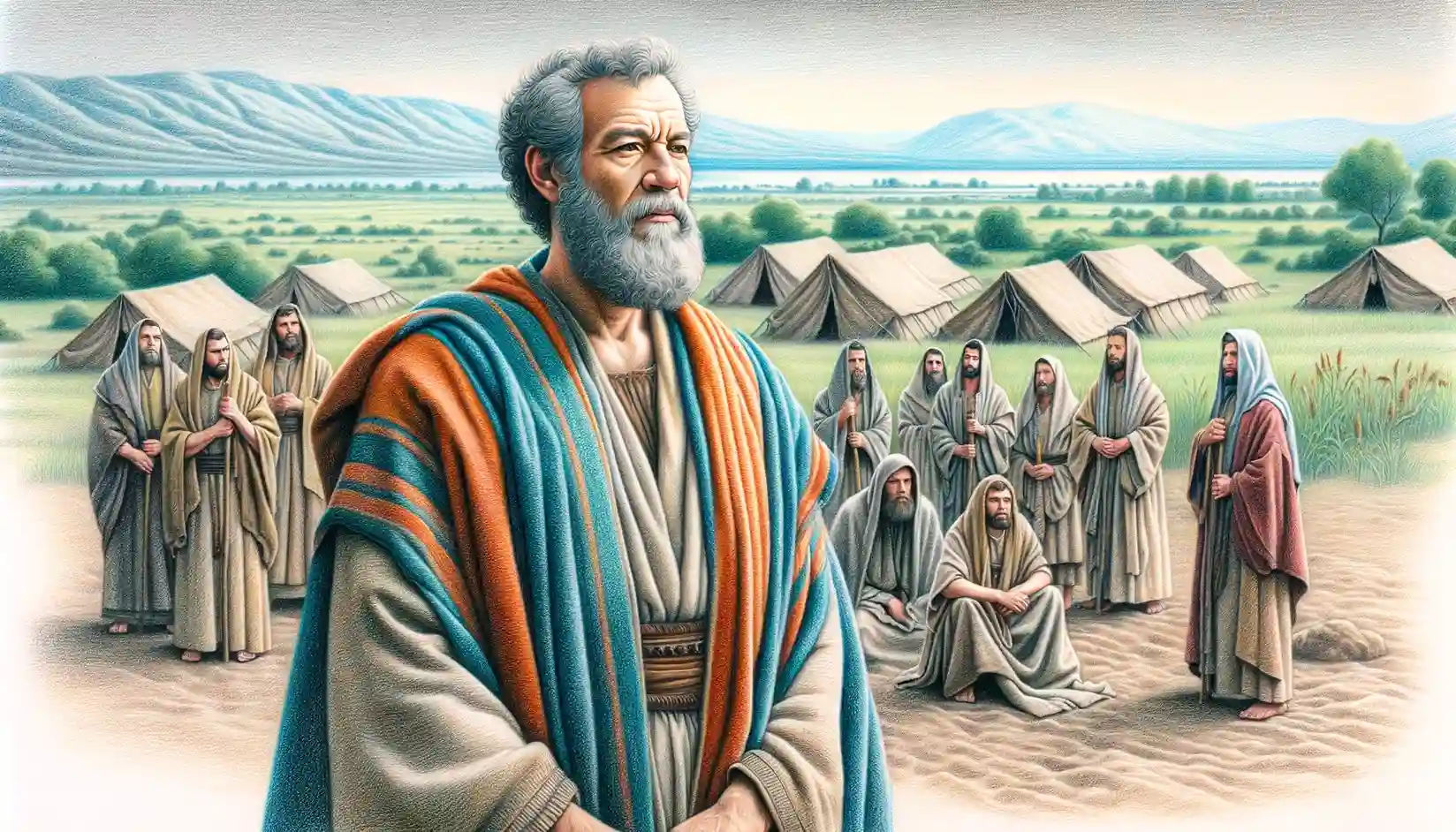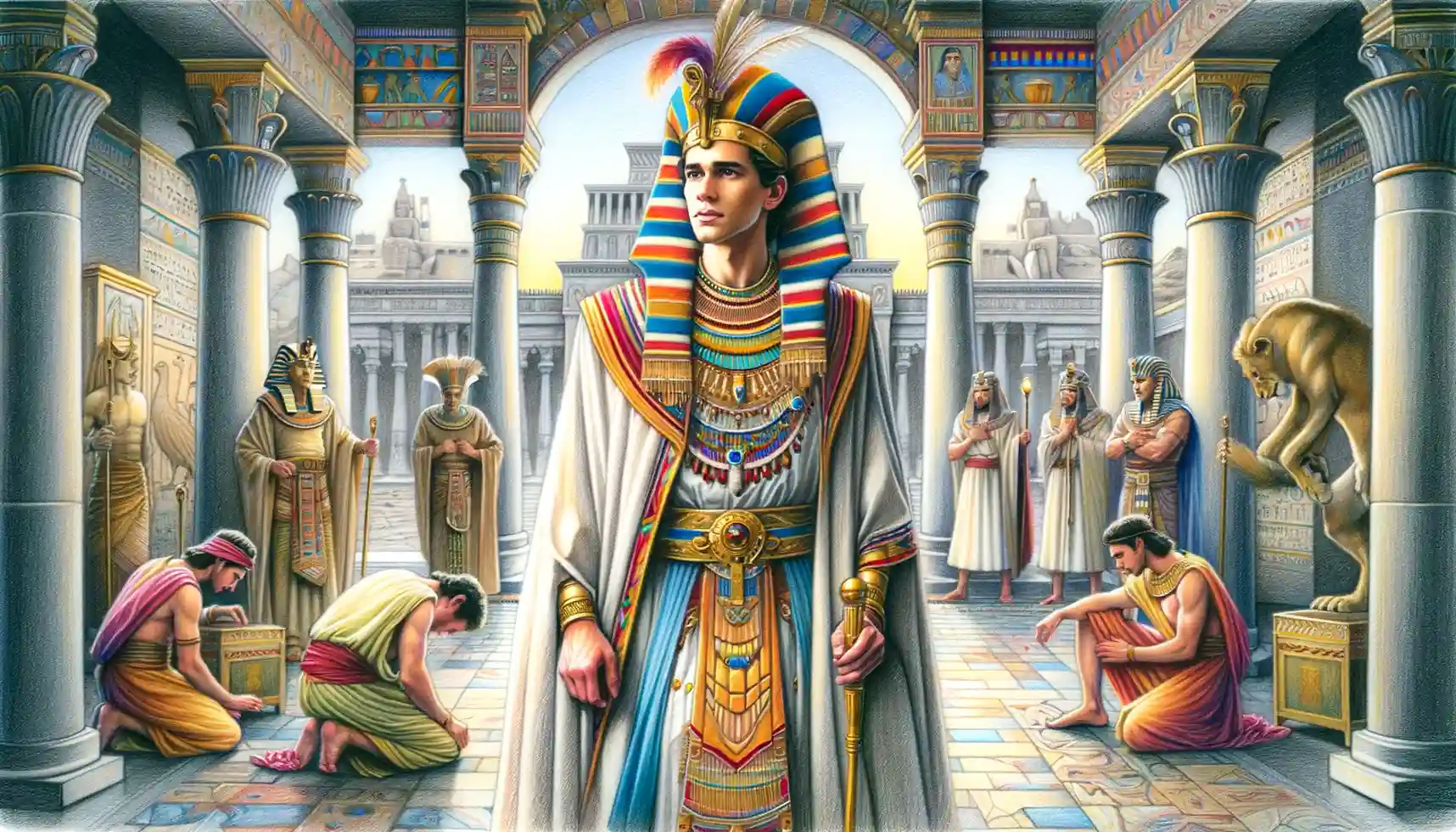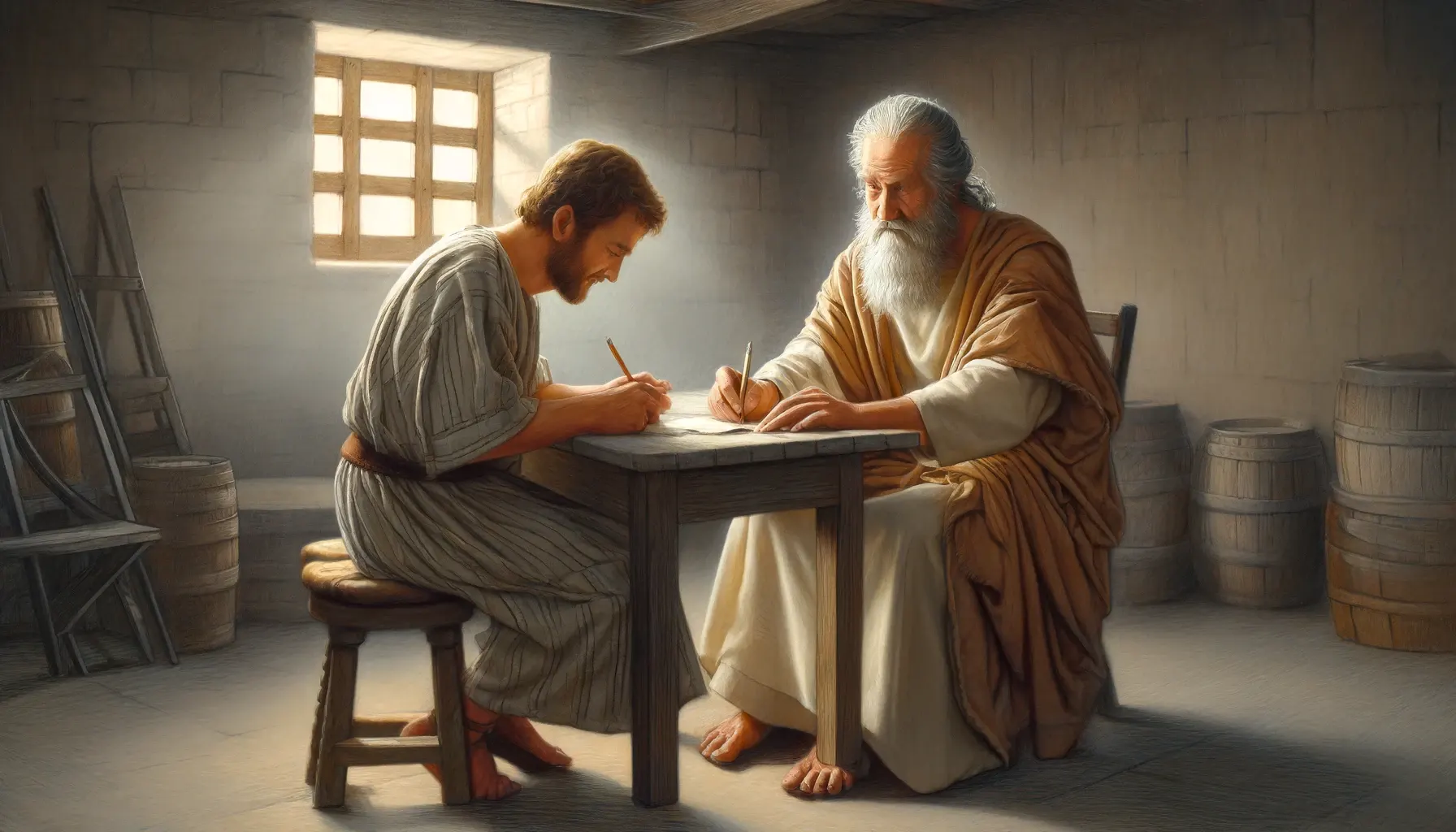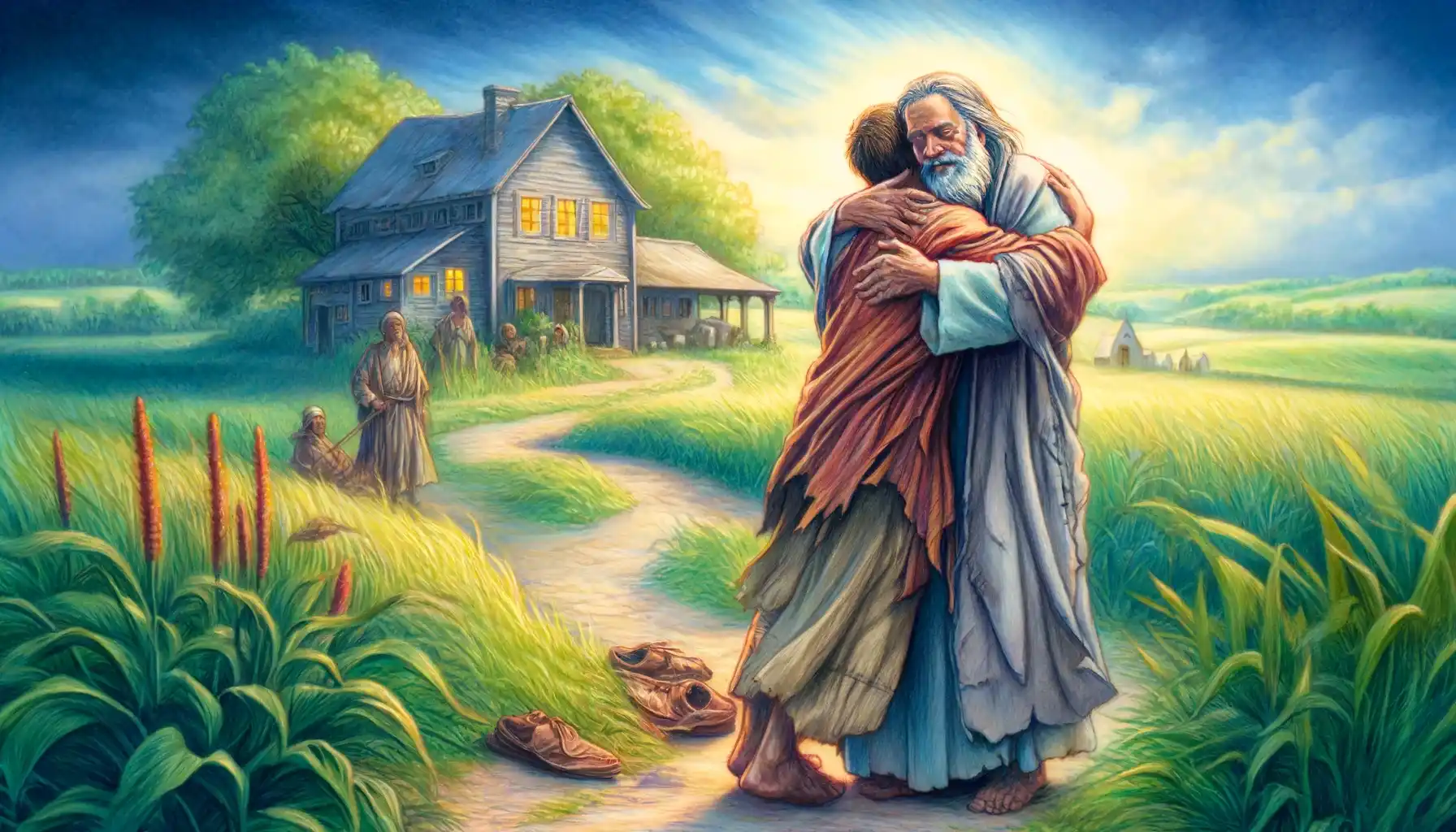Philemon, a Christian slave owner in Colossae, received a personal letter from the Apostle Paul advocating for the welfare and reconciliation of his runaway slave, Onesimus, emphasizing forgiveness, reconciliation, and Christian brotherhood.
Jacob, later named Israel, is a patriarch in the Hebrew Bible known for his journey from deceit to reconciliation, his twelve sons who became the twelve tribes of Israel, and his profound encounters with God.
Joseph, the favored son of Jacob, known for his colorful coat and prophetic dreams, was sold into slavery by his brothers, rose to power in Egypt by interpreting dreams, and ultimately forgave and reconciled with his family, providing for them during a severe famine.
Esau’s life story is a complex narrative of impulse, loss, and eventual reconciliation. It highlights themes of family, conflict, and redemption, providing deep insights into the consequences of choices and the power of forgiveness.
The Letter to Philemon exemplifies Paul’s call for reconciliation and forgiveness, urging Philemon to receive his runaway slave, Onesimus, not as a mere servant, but as a beloved brother in Christ.
The Book of 2 Corinthians provides a complex blend of personal reflection, doctrinal teaching, and practical advice, highlighting the enduring challenges and profound rewards of Christian ministry.
The Parable of the Prodigal Son not only teaches about forgiveness but also offers a mirror to every individual’s spiritual journey, encouraging a heartfelt examination of one’s own life and actions in the light of God’s infinite mercy and love.

